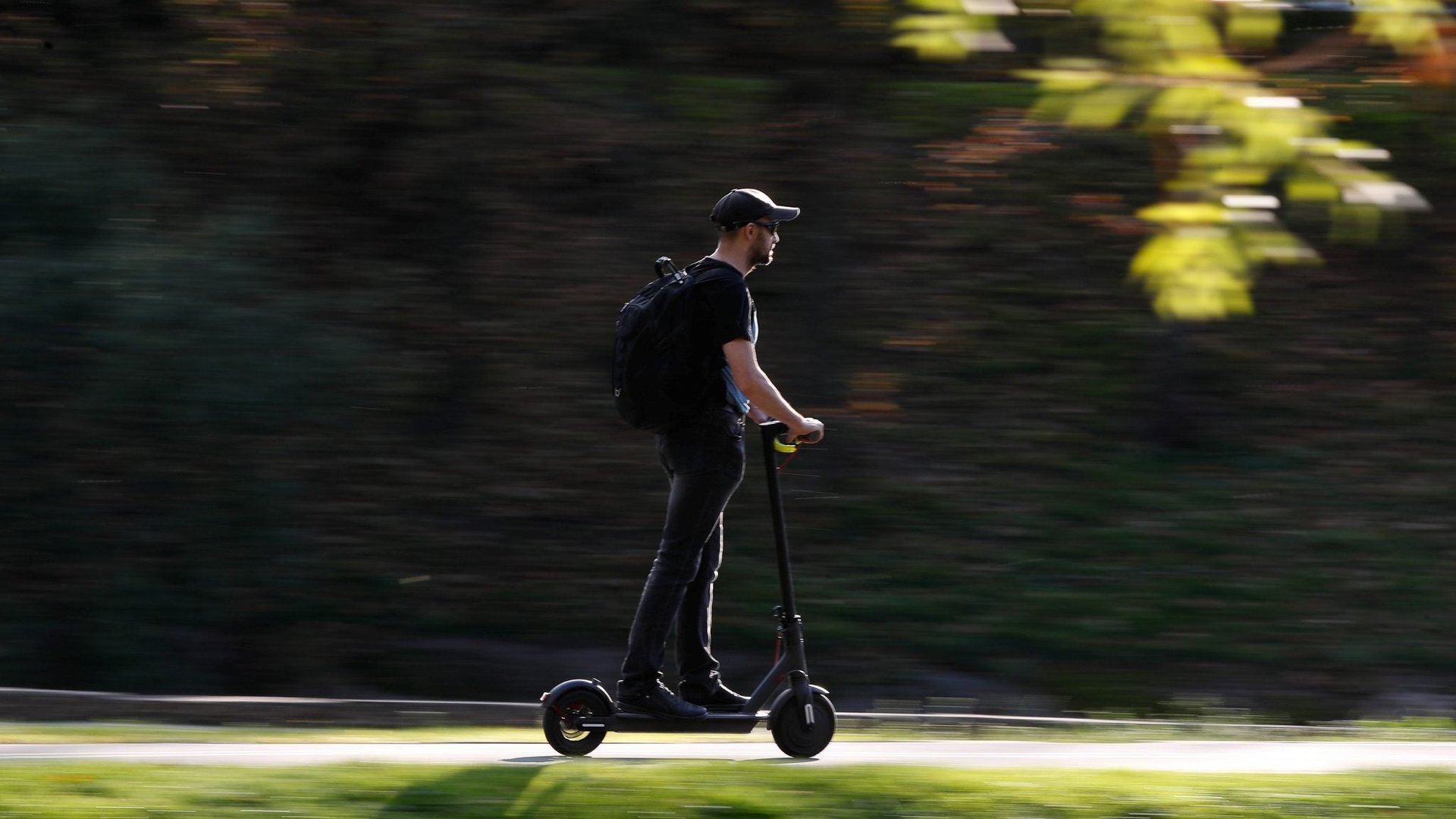Scooter startups aren’t raising money like they used to
Investors are cooling on micromobility technology, according to data from research firm PitchBook.


Investors are cooling on micromobility technology, according to data from research firm PitchBook.
The sector, which includes shared e-scooters and bikes, has raised $795 million from investors in the current quarter across seven deals, and $1.3 billion so far this year across 33 deals. That’s compared with $4.8 billion in the first three quarters of 2018 over 48 deals, for a decrease of about 73% in value and 31% in volume.
Part of the reason for the decline is that there haven’t been any “mega” deals for scooter companies recently, versus 2018 when Bird and Lime raised $385 million combined in the first half of that year. Bird’s $150 million funding round in June 2018 made it the fastest company ever to achieve a billion-dollar valuation—that is, become a “unicorn”—at the time.
Why aren’t those sorts of deals happening any more? One possibility is that investors have grown more cautious of the scooter proposition. Off-the-shelf consumer scooters that many companies initially rolled out had short lifespans and poor economics. Bird, which started out with rebranded Xiaomi devices, posted a $100 million loss (paywall) in the first quarter of this year, which its CEO attributed to a “one-time accounting write-off from old retail scooters.” Companies are now hard at work designing better, more durable scooters for shared use, something investors probably want to see before handing over more money.